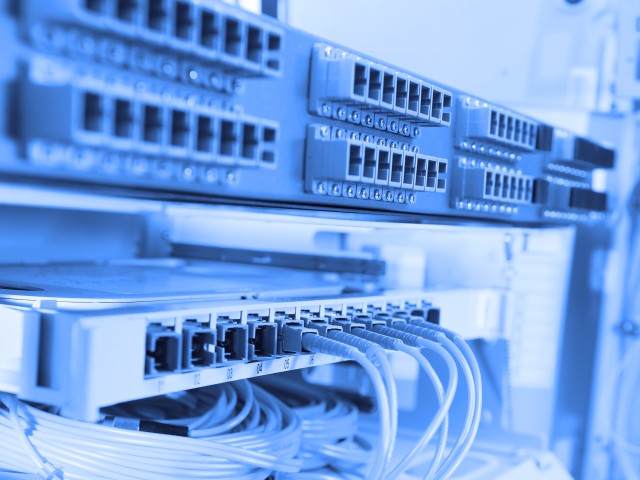
Keep Your Wireless Network Safe
For many security consultants, 2016 was the year of the most devastating cyberattack. The Mirai botnet infiltrated millions of Linux devices - including IP cameras, home routers, DVRs and various IoT devices - and then used them to take down many high-profile websites such as GitHub, Twitter, Reddit, Netflix and Airbnb. According to https://www.data-alliance.net, the number of active Mirai infections continues to grow even today, because the individuals who launched the attack released the botnet source code, thus giving many cyber criminals the ability to create new variants.
We hope that your computer network isn't a high-profile target for hackers, though. And here are several things that you can do to keep your wireless network safe.
1. Change the default router password.
Most routers are shipped with the default "admin" password, and hackers are aware of this. More than that, they have access to databases of default router passwords, so they can easily find and exploit the devices that continue to use the default passwords.
2. Choose a strong password for your wireless network.
Use a long, complex password which consists of at least 20 characters. The password should be created using a random combination of letters, numbers and symbols. For best results, change the password at least twice a year.
3. Keep your router updated.
Having a router which is up to date, running the latest firmware version, is essential. Many manufacturers release firmware updates which fix bugs and various security issues regularly. Some routers are even configured to update themselves automatically. If the router maker has stopped patching the associated software, replace the device, or at least its operating system. Use an open-source solution such as DD-WRT to do that.
4. Keep your computer and mobile devices up to date.
This not only improves performance but also makes them less vulnerable to cyber threats. Install new OS and application patches as soon as they become available.
5. Keep your computer peripherals updated.
By using outdated drivers, you can ruin your computer for good. So, make sure to install updated drivers and software for your printer, camera, scanner, smart watch, and so on. While newer versions of the drivers and applications should work better than the old ones, they may cause troubles sometimes. To stay on the safe side, back up your computer or create a restore point anytime you intend to update the applications, and especially the drivers.
6. Use a good firewall/antivirus security suite.
Free antivirus software is always better than nothing, but it can't compare with the top paid security products, so it will miss some malware. If you value your devices and the data they're storing, choose a top-of-the-line antivirus which will monitor the system for malicious activities and suspicious files, sending you an alert as soon as it notices something fishy.
7. Avoid connecting your devices to open and/or unsecured wireless networks.
Always be careful when connecting to unsecured, open Wi-Fi at hotels or in public spaces like cafes. If someone has managed to hack into these networks, he may be able to access the data on your device, and even change the content of the pages that you are browsing in real time.
Use a paid, top-rated VPN service if you really need to access the Internet through a public Wi-Fi network. Don't use open hotspots to connect to online banking accounts or any other important web-based accounts, though.